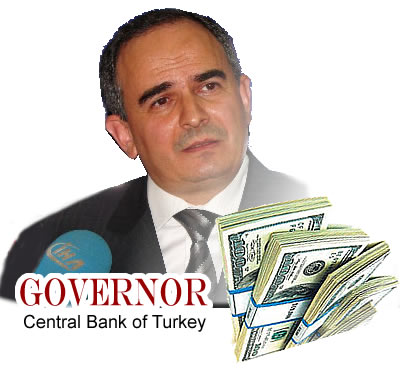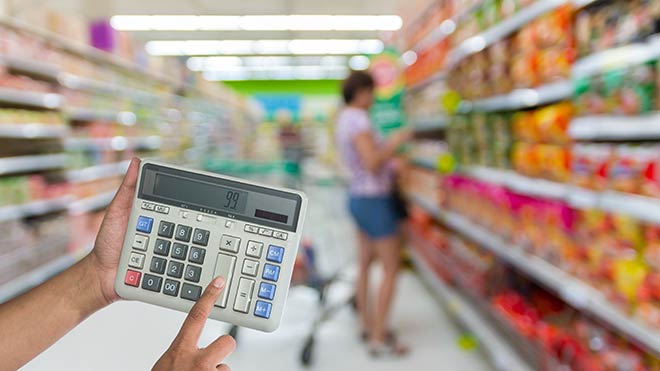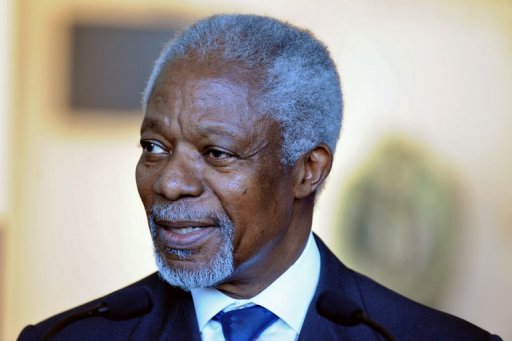Turkey: Central Bank warns inflation will continue to rise
 According to the Turkish Statistics Institute, the monthly rise in the consumer price index (CPI) and the producer price index (PPI) was 3.27 and 1.6 percent, respectively, in October.The Central Bank of Turkey said on Friday the country’s inflation rate would climb higher through the end of the year, an inescapable result in the face of rapid growth in domestic demand.
According to the Turkish Statistics Institute, the monthly rise in the consumer price index (CPI) and the producer price index (PPI) was 3.27 and 1.6 percent, respectively, in October.The Central Bank of Turkey said on Friday the country’s inflation rate would climb higher through the end of the year, an inescapable result in the face of rapid growth in domestic demand.
Fast growing domestic demand so far this year has deteriorated Turkey’s inflation balances — particularly starting in September — sending the central bank to revise its year-end inflation targets.
The central bank last week revised its year-end inflation forecast from 6.9 percent to 8.3 percent. Some reports in foreign media were suggesting a double-digit estimate in inflation for the end of the year. Observers, however, ruled this out, recalling that the Central Bank of Turkey has vowed it will not allow short-term revisions to affect the medium to long term inflation outlook for the rapidly growing economy.
The central bank released its monthly price changes report for October on Friday on its website. Evaluating the latest developments in the markets, the central bank said inflation would continue to increase in the medium term, citing base effects on the prices of processed food items and the weakening of the Turkish lira. Annualized inflation in consumer prices increased to a worrying 7.66 percent in October, from 6.15 percent recorded a month earlier, the Turkish Statistics Institute (TurkStat) said on Thursday.
According to the institute’s announcement, the monthly rise in the consumer price index (CPI) and the producer price index (PPI) was 3.27 and 1.6 percent, respectively, in October. The report also said a current decline in the value of the Turkish lira against foreign currencies was responsible for the rising inflation. For the first time in more than five years, the central bank last week intervened in the foreign exchange market directly and also increased the overnight lending rate to give the weakening lira some power.
The bank noted that the private consumption tax (ÖTV) on certain products had recently been increased. On Oct. 13, the Justice and Development Party (AK Party) government raised the ÖTV on cars and mobile phones as well as on tobacco and alcoholic products. The bank’s report added that the share of the price hike of tobacco products in October’s increase in inflation was 0.81 percentage points. It said the increase in tobacco prices would push November inflation figures higher as well. The government had separately increased the price of electricity and natural gas last month, while the share of these increases on October inflation was 0.5 percent.
Noting that service prices increased by 0.56 percent in October, the report said an earlier hike in fuel oil prices had pushed the annual inflation for transportation as of the 10th month to 9.7 percent. Another group that saw an increase in the month of October was durable goods. Its inflation saw a 1.48 percent rise in October over the preceding four-weeks.
Some reports in foreign media were suggesting a double-digit expectation in inflation for the end of the year. Observers, however, ruled this out, recalling the central bank has vowed to implement all the necessary measures to maintain price stability in the medium term. Turkish Central Bank Governor Erdem Başçı had earlier said he has faith that these short-term revisions will not affect the medium-term inflation outlook “as the monetary tightening is expected to contain inflationary pressures.” Observers said it was “meaningful” that the reports questioning the Turkish Central Bank’s maneuvers occurred at a time when the bank widened the interest rate corridor via a significant increase in lending rates, thus narrowing the room to maneuver for some speculators who looked to make big gains out of money they lend to Turkey. The bank expects inflation for year-end 2012 to be between 3.7 percent and 6.7 percent with a mid-point of 5.2 percent, while it would stabilize at 5 percent after 2013.
04.11.2011
SOURCE: TODAYS ZAMAN




